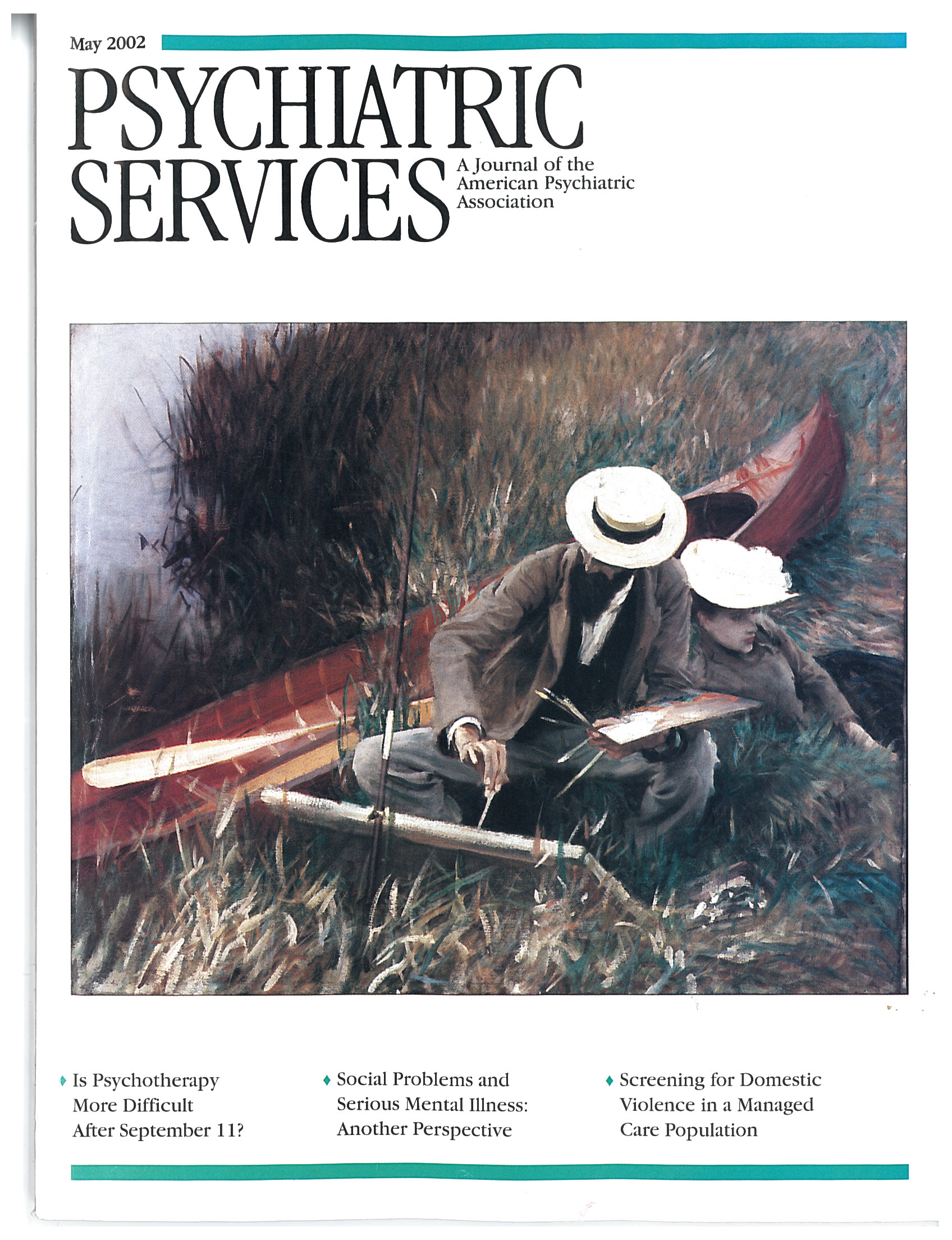Rehab Rounds: Training Persons With Schizophrenia in Illness Self-Management: A Randomized Controlled Trial in Japan
Abstract
Introduction by the column editors: Despite the worldwide shift from inpatient to community-based treatment for individuals with severe mental illness, Japanese psychiatric services remain hospital based. In 1998, Japan had 29 psychiatric beds per 10,000 persons, twice as many as in most European countries and five times as many as in the United States (1).The reasons for Japan's slow transition to a community-based mental health system are both economic and cultural. For instance, 90 percent of psychiatric beds are in private for-profit hospitals. There is little incentive for inpatient facilities to discharge patients promptly, because the Japanese health care system provides universal coverage with virtually unlimited reimbursement for inpatient services, and the government does not have a mechanism for financing the relocation of resources from hospitals to communities (2). In addition, the stigma associated with mental illness in Japanese families is high (3). Thus a patient's primary residence is the psychiatric hospital, and opportunities are provided for periodic visits from the family.However, psychiatric rehabilitation principles and practices are beginning to take root in Japan. Anzai and his colleagues at the Matsuzawa Psychiatric Hospital in Tokyo have adapted an empirically validated skills training program to prepare patients with schizophrenia for life in the community after discharge from the hospital. In this column, they report the results of a randomized controlled trial of this approach in an inpatient facility serving a large urban center.



